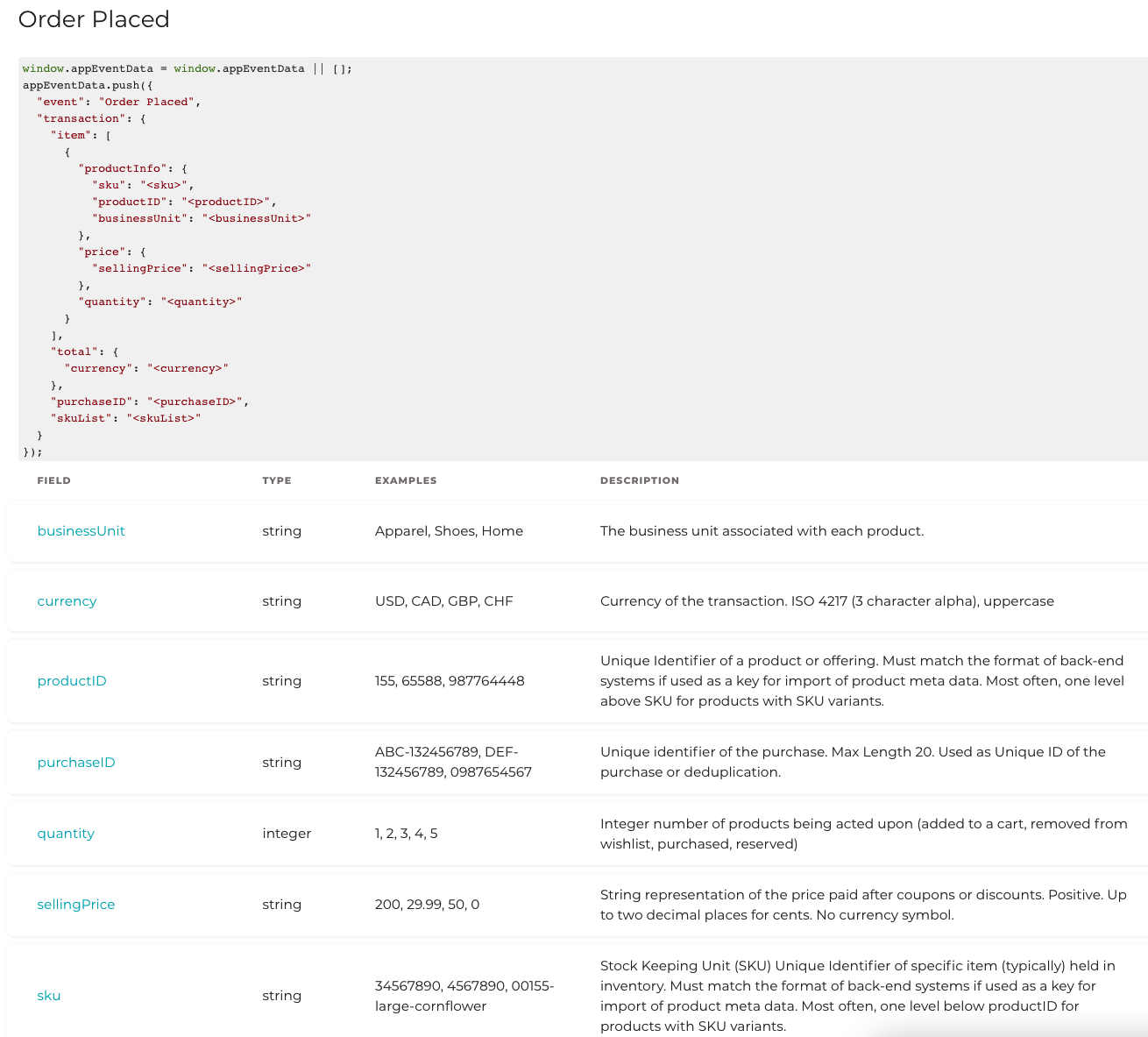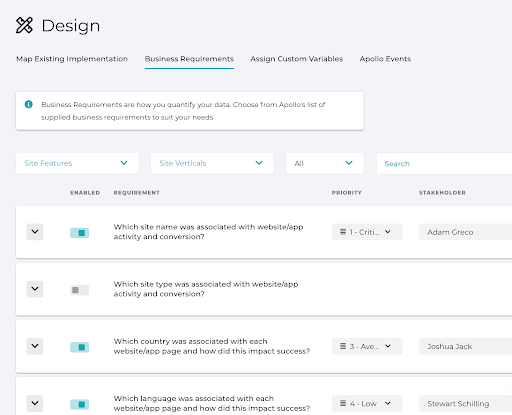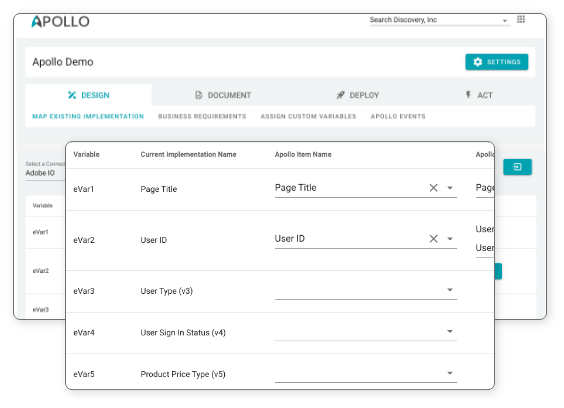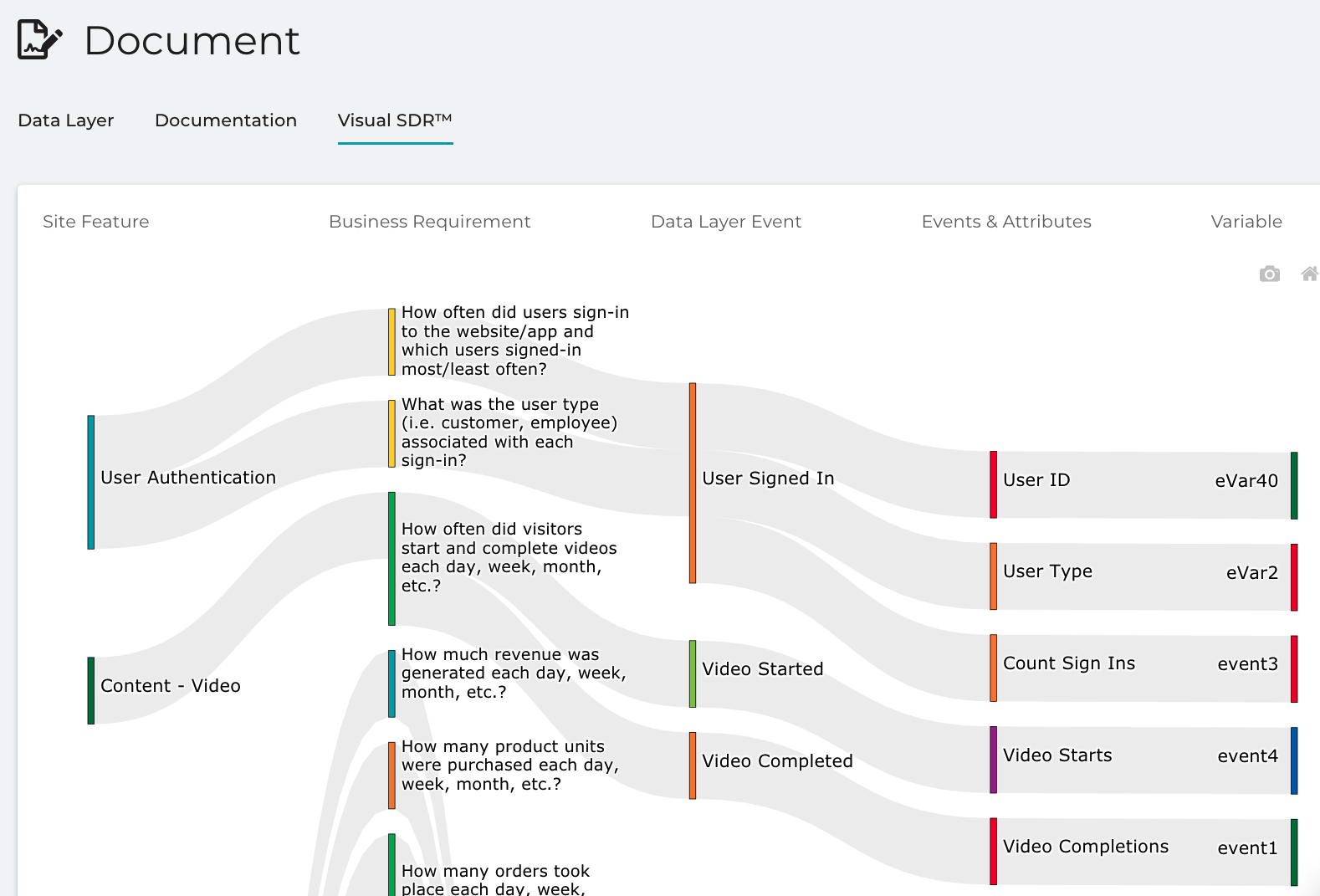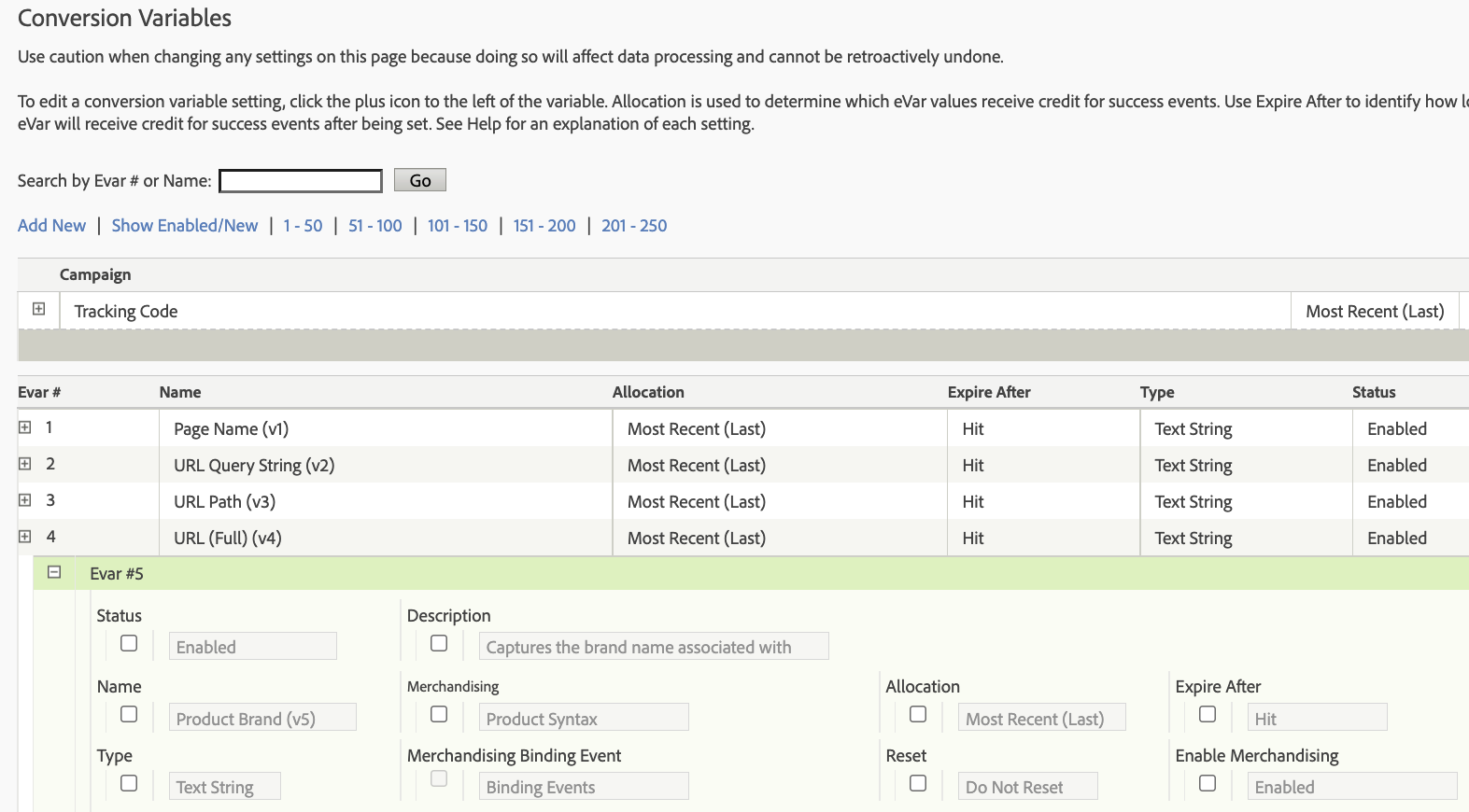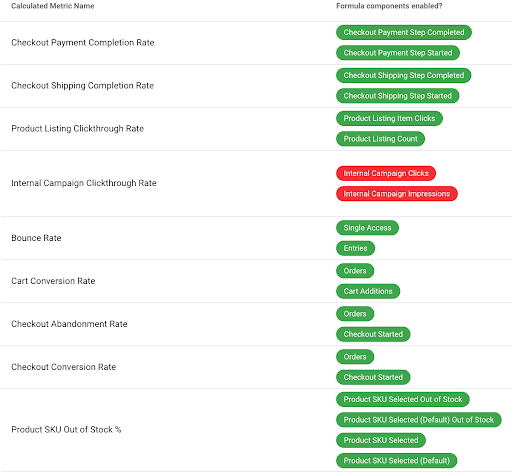Dynamic Data Layer & Tagging Specifications
Traditionally, a developer must manually design a data layer and generate code to populate it. But Apollo dynamically builds the data layer and tagging specifications in real-time. And Apollo programmatically updates these, so they are always current. Tagging specifications can be exported to your developers via GitHub integration.
